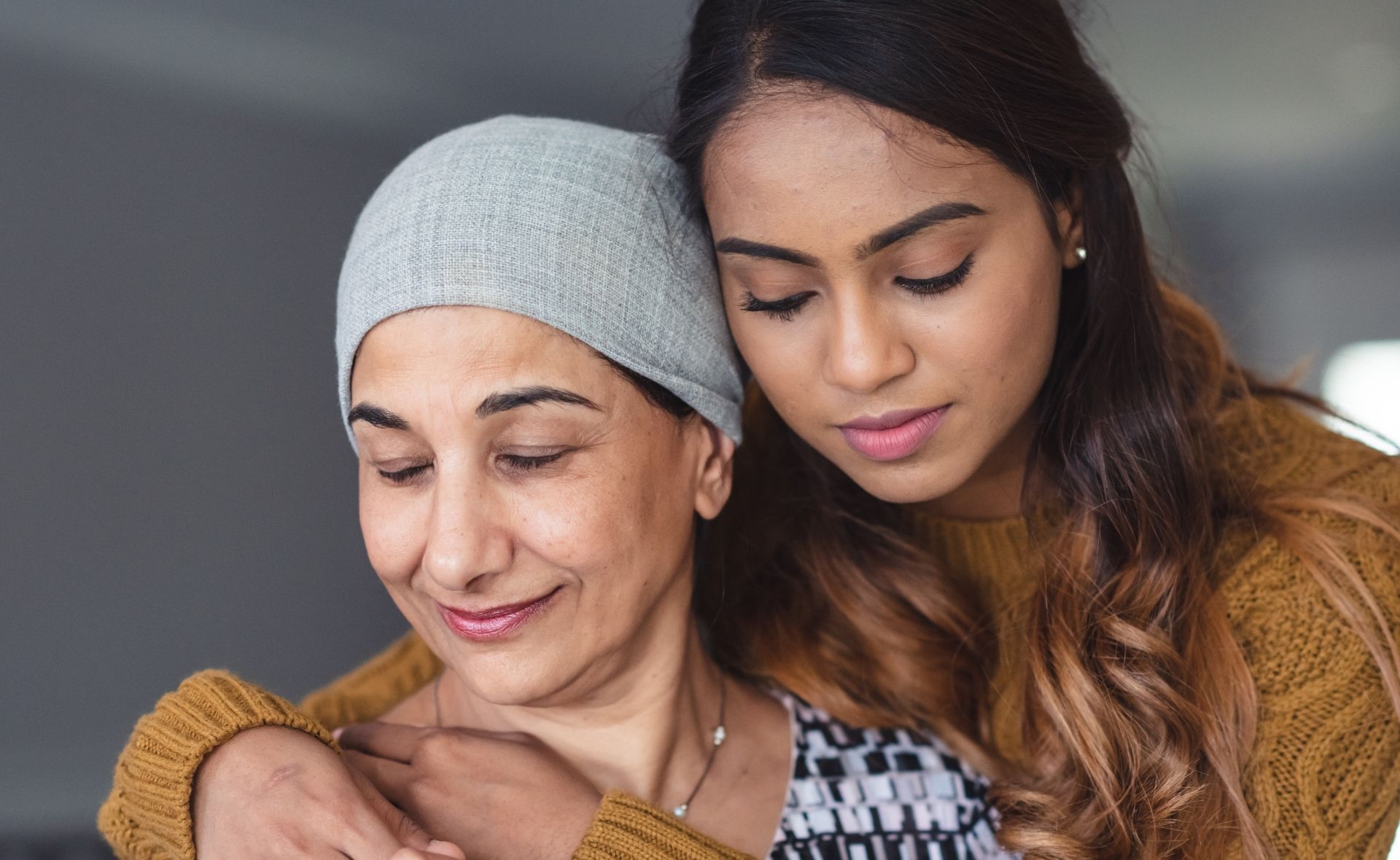In Australia, we’re lucky that teenagers are vaccinated against Human Papillomavirus (HPV) and screening systems are in place. We are even on track to eliminate cervical cancer by 2035.
But despite these advancements, there are many misconceptions that could hinder that incredible feat.
The Australian Centre for the Prevention of Cervical Cancer reported in 2020 that screening rates dropped around the country due to the pandemic.
Even though there was a brief recovery to “60 per cent” volume after the first lockdown, it continued to decline during the second lockdown in Victoria.
What’s more in rural areas, with travel being harder than ever during this period, there was a further drop in numbers.
As we learn to live with the pandemic, it’s important to bring cervical screenings back to the forefront of our minds and that’s something advocate Katie Norbury, who started the Instagram Get Papped to spread awareness, has been working tirelessly to achieve.
Katie began her advocacy journey after she experienced an abnormal cervical screening, which she tells Now To Love made her feel “pretty isolated” and “very scared.”
As many of us do, she quickly googled what it meant, and when the word cancer came up, it caused more confusion.
“Some people acted as if it was something that I shouldn’t tell anyone,” Katie shares. “Some friends were kind of embarrassed to even talk about it with me. So, I kind of realised that it was this really shameful thing. I couldn’t really comprehend why everyone was so embarrassed by it.”

Katie began her advocacy journey after she experienced an abnormal cervical screening.
(Image: Instagram)The experience prompted Katie to promote screenings on her personal Instagram.
Even though it was a “daunting” decision at the time, she has now amassed over 3,000 followers and created a community filled with people opening up and learning about the test and their bodies.
She has also created 25th birthday cards for people to send their friends, family, and partners to encourage them to book a screening.
Following the current recommendation, women need to start their screening journey at 25 and return every five years.
However, the National Association of Specialist Obstetricians and Gynaecologists’ President Professor Gino Pecoraro tells Now To Love that if you experience any irregular bleeding between periods of intercourse, you should see a gynaecologist even if you’re between screenings or under 25.
“Even if you’ve had your pap smears and you’re getting irregular bleeding or bleeding after intercourse, that’s still a sign that you should be seen because that may be the first time that there is something abnormal,” he shares.

Having good communication with your GP is important.
(Image: Getty)Katie noticed that many women have a fear of screenings when she found out recipients of her birthday cards felt uncomfortable receiving the gift.
“I definitely see the shame continuing. Sometimes people have told me they bought a card for someone, and they were like a little bit embarrassed,” she says.
“I think the shame runs deeper than HPV. Like there’s shame around women’s sexuality, and women’s body parts like women aren’t comfortable talking about their vagina to somebody. So, they’re certainly not gonna be comfortable talking about HPV with anyone as well.”
Katie has also researched doctors around Australia who can perform competent cervical screenings because the process shouldn’t hurt under the correct guidance.

Katie’s birthday cards are the perfect gift for those in your life turning 25 who need a reminder to get screened.
(Image: Getty)Dr Jill Forer confirms that with the correct preparation and techniques, any pain should be “fleeting” and that the relationship you have with your doctor is make or break – communicating your needs is imperative for a good experience, as is lube!
“I always put lubrication on my speculum, and I do it in a very careful way so that the lubrication doesn’t get into the screen to the skin. If you put a blob of lubrication on the tip of the speculum, it might interfere,” she explains.
“But if you put a tiny smear on the speculum and it goes in the opposite direction, it makes it so much more comfortable. But I know for a fact that a lot of doctors don’t use lubrication, and that bloody hurts.”
Another technique Dr Jill utilises is asking her patients to cross their wrists under their behind, with their thumb pointing up the angle of the bed.
“That changes the angle of the vagina, so when you put the speculum in, it goes in really easily, and you don’t have to manoeuvre around as much, and it is so much more comfortable for them,” she says.

Anyone can contract HPV as it doesn’t have to come from penis in vagina sex.
(Image: Getty)Since cervixes aren’t anatomically in the same place for everyone, it’s important to chat with your doctor so you can avoid any pain or discomfort.
Dr Jill explains that the uterus can “spasm” because the cervix is “dilated slightly,” so the mascara-like brush can rotate at its opening, though that feeling should be brief.
Fear and pain aren’t the only elements dissuading women from getting their screening done.
The HPV virus can be passed onto anyone who has engaged in sexual activities, including people who have never experienced heteronormative penetrative penis in vagina sex.
Katie, who is in a same-sex relationship, also discusses the importance of cervical screenings in the LGBTGIA+ community.

“Anybody that has ever had sex with anybody needs to have a cervical screening.”
(Image: Getty)“With women in the community, it’s very common for them to decide themselves that they do not require a cervical screening because they’ve only had sex with women, which is absolutely not the case, but a very solid misconception. That is common, and that’s all rooted in fear of getting the screening,” she says.
Dr Jill explains that the virus can spread using sex instruments, oral sex, and even a wart on a finger (but that’s very rare).
Ultimately her message is clear, non-gendered, and simple: “Anybody that has ever had sex with anybody needs to have a cervical screening.”

